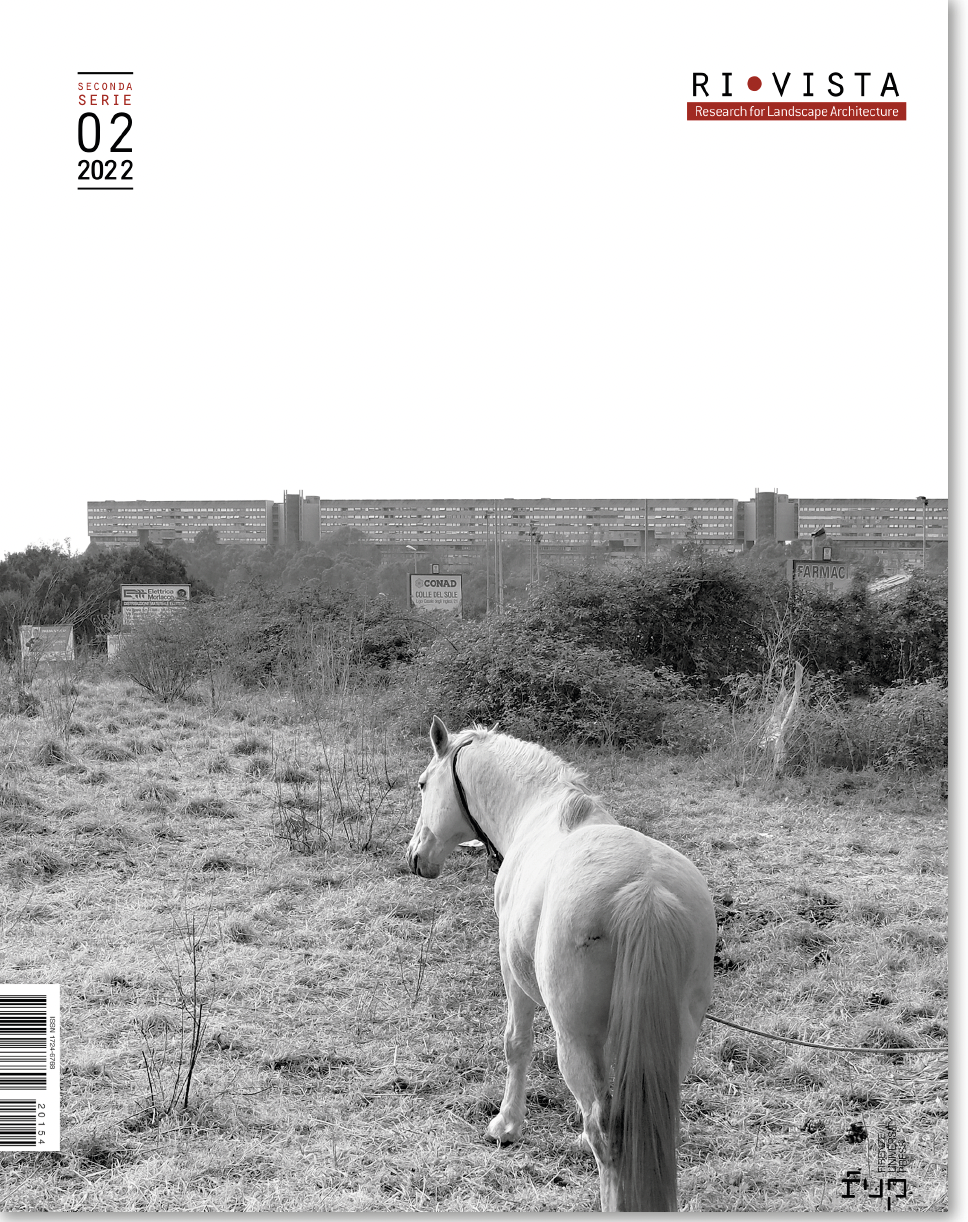Plants, as well as playing an essential role in architectural composition, shaping spaces and improving the quality of living environments, are capable of building relations, adaptation processes and evolution still to explored in the landscape architecture project.
Looking at the intelligence of plants, in order to build more favorable habitats for living beings, starting processes of progressive transition, we witness that the decisions taken by a large number of individuals are always better than those adopted by a few. The plants’ tenacity reveals their ability to promote opportunities starting from processes of decontamination of soil, water and air and the construction of favorable climatic conditions. Current urban ecology studies highlight the non-linearity of changes in plant and animal species. In fact, hostile environmental conditions seem to accelerate parsimonious and effective solutions (Human-Induced Rapid Evolutionary Change) for adaptative strategies promoting the development of new habitats. For humankind and for Landscape Architecture the plant kingdom provides extraordinary and unexplored opportunities to activate remedies in dense damaged urban contexts and in abused and abandoned sites.
Human beings will head toward a better future starting from a deeper knowledge on plants as they promote processes of adaptation, restoration and invention aimed to preserve and generate new life. In particular, for Landscape Architecture it is mandatory to better understand plant communities in order to elaborate researches and experimentations truly effective in transforming the space we inhabit.
The call for paper is open to scholars and professionals who wish to explore deepen the role, between science, ethics, and aesthetics, of plant communities in the landscape project.
Keywords: Future Landscapes; Plant Communities; Project; Exploration; Transition; Adaptation
The call is open until June 30th 2023
Edited by Francesca Mazzino and Isotta Cortesi
Info: emanuela.morelli@unifi.it
To submit your full paper, please go to our submission platform: https://oaj.fupress.net/index.php/ri-vista/about/submissions
Registration and login as Author with the Ri-Vista system is required to submit and follow the submission process online. Later, the account is necessary for following the status of your submission. The proposals have to be unpublished and written in Italian or English; the text can be of 20,000 to 30,000 characters, including spaces, title, authors, abstract, keywords, captions and references. The proposals have to include a minimum of 5 — a maximum of 10 pictures with good definition (at least 300 dpi/inch and 25 cm the smallest side) free from publishing obligations or accompanied with the specific permission. The selected papers will be published in the thematic section of the 2|2021 issue of Ri-Vista.
Download the PDF of the Call (ita/eng)

